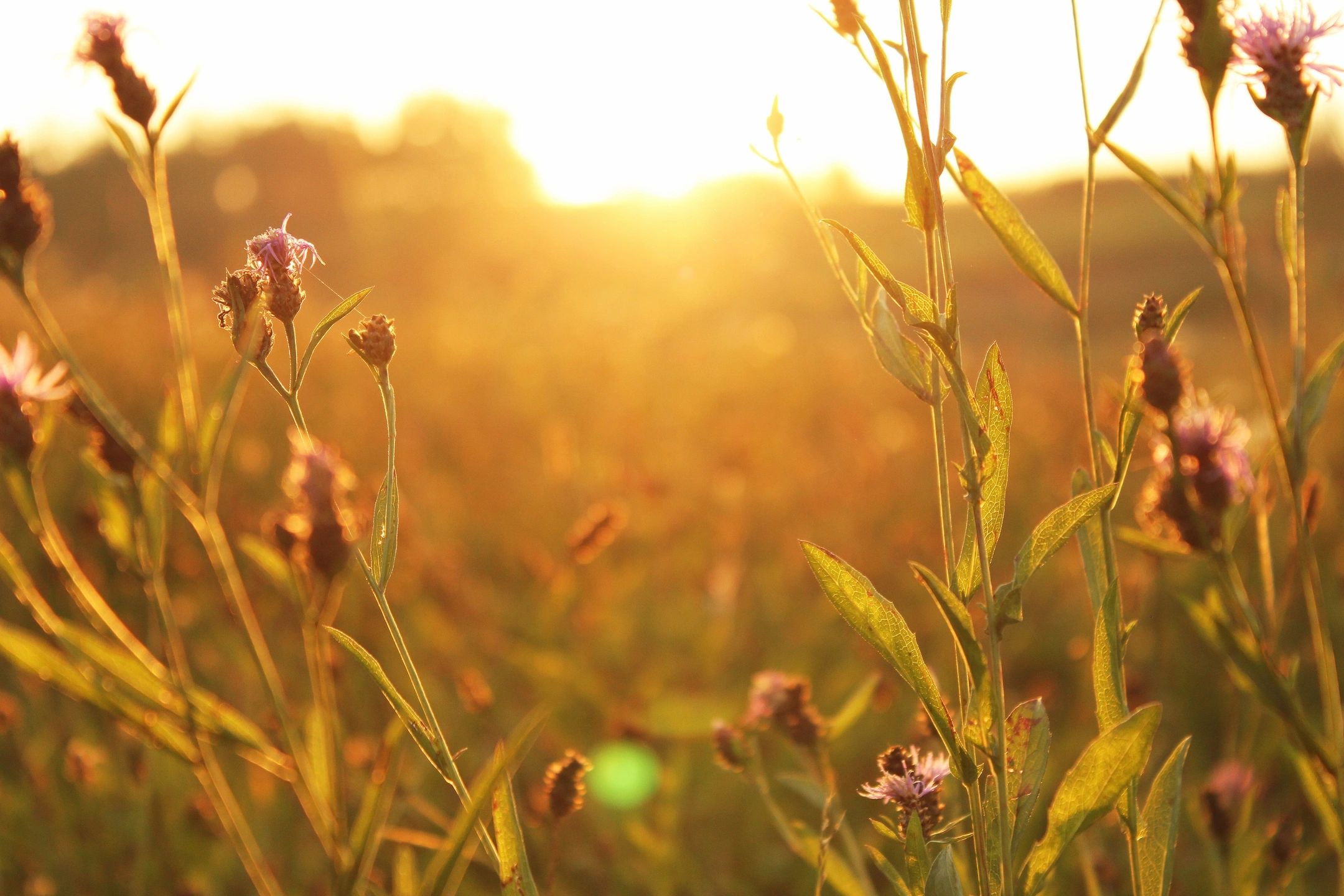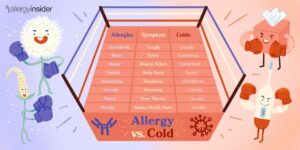Seasonal Allergies!

Seasonal Allergies!
Dr. Claire Arcidiacono, ND
Achoo! Achoo! Is it a cold? It is just dusty? Nope! Its allergy season! And along with allergy season is all the symptoms of allergies. Having symptoms of allergies tend to come during what is known as allergy season. Some people have symptoms during every allergy season, whereas other people have symptoms only during “bad” allergy seasons. But what exactly do we mean by allergy season? What causes us to feel so poorly? And lastly what are the symptoms of allergies and what can you do to alleviate them?
Basically allergy season is the time when certain allergens, especially pollen are released by plants. This seasonal release of pollen triggers seasonal allergies to flare up. In the US we tend to consider there to be 2 main seasons for pollen to release. In fall there is mainly ragweed. In spring there is tree pollen, in many parts of the US there may be grass pollen throughout a great deal of the year. In addition to ragweed pollen and tree/grass pollen other plants that commonly trigger allergies include Burning bush, Cocklebur, Lambs-quarter, Pigweed, Sagebrush, Mugwort, Tumbleweed and Russian thistle. (1) Just to sum things up allergy season is basically the times during the year when plants are releasing their pollen and this triggers the symptoms of allergens.
Now I bet your thinking but doc HOW does pollen cause me all these troubles? Basically when our body comes into contact with something your allergic to it treats it as a pathogen or bad guy. In order to protect us from the allergens the immune system releases histamines, leukotrienes and prostaglandins. These trigger a chemical reaction that is responsible for the symptoms of allergies.
Let’s review some of the more common seasonal allergy symptoms. First off it is very common to feel congested. This can lead to a runny nose, runny eyes and a post nasal drip. There is often sneezing as well as cough. In addition to a runny nose there may be an itchy nose, eyes and throat. Very often there is fatigue. (2) There may also be headache and sinus pressure. You may also develop dark circles under your eyes. Your eyes may also become red where the whites are. If you experience severe allergies you may have wheezing and even trouble breathing. (3) What is the difference symptoms wise between having seasonal allergies and a cold? Take a look at the following chart to help answer that question. (4)

What kind of tests can you do to determine if allergies are causing your symptoms? To start with the doctor can do a skin test. When you do a skin test the doctor will prick the skin and then inject a tiny amount of what you suspect you may be allergic to. A positive test will result in your skin becoming red, inflamed and swollen. The other option is to get a blood test done. Both tests have different benefits so it’s important to discuss your options with an allergist. (3)
What can you do to help reduce the signs of seasonal allergies? The first thing you can do is to pay attention to the daily pollen and mold spore count. When the levels are high it may be better to avoid outdoor activities. When pollen counts are high it is also helpful to close the windows to seal out the pollen. It’s also helpful to wear a hat and a mask when you are outside. Then once you come back inside its important to change your clothes as well as shower. It can also be helpful to begin medications as well as supplements before the start of allergy season. (2) Speaking of supplements what can you do to help with allergy symptoms?
- Wet sock treatment! This is amazing for helping to boost our immune system and to help to break up phlegm and mucus. I have done this personally and found it to be very helpful. In my clinical experience people who try it do tend to find it helpful. I’ve included a helpful link on just how to do this! https://www.doctorallisonbecker.com/blog/magicsocks just as a personal note I don’t have wool socks so I just use the warmest socks I have. (5)
- Quercetin has been found in studies to help with allergies as well as asthma. One of the ways that quercetin has been found to help is by reducing the amount of histamine that is present. Studies have also found that quercetin can help to reduce levels of leukotrienes. Since both histamine and leukotrienes are responsible for seasonal allergy symptoms taking quercetin is an excellent choice to alleviate those symptoms. (6) Please see Invite’s Quercetin with Vitamin C.
- Vitamin C has been found in studies to help reduce the symptoms of allergies. (7) Please see Invite’s Immunity Hx as well as our extensive line of Vitamin C products!
- Turmeric may be a surprise but studies have found it to help reduce histamine levels. In addition it has been well documented that turmeric helps with inflammation! (8) Please see Invite’s Turmeric with Ginger, Biocurcumin as well as our Curcumin blend.
- Ginger has also been found to help with the symptoms of allergies. (9) Please see Invite’s Turmeric with ginger!
- Black Seed is another powerhouse! Please take a look at my blog on this amazing supplement!
- NAC has been found to have significant benefits when it comes to reducing allergy symptoms. (10) Studies have also found that NAC is good at helping to break up the mucus that so many people with allergies suffer from. (11) Please see Invite’s NAC as well as our Daily Detox Powder and Detox Hx.
- Beta Immunity Hx will be the next product highlight so look out for that exciting blog!
Sources:
- https://acaai.org/allergies/allergic-conditions/seasonal-allergies/
- https://www.yalemedicine.org/conditions/seasonal-allergies
- https://my.clevelandclinic.org/health/diseases/8622-allergic-rhinitis-hay-fever
- https://www.thermofisher.com/allergy/us/en/living-with-allergies/understanding-allergies/allergy-vs-cold.html
- https://www.doctorallisonbecker.com/blog/magicsocks
- https://www.ncbi.nlm.nih.gov/pmc/articles/PMC6273625/
- https://journals.sagepub.com/doi/full/10.1177/0300060518777044
- https://www.ncbi.nlm.nih.gov/pmc/articles/PMC3936421/
- https://www.sciencedirect.com/science/article/abs/pii/S0955286315002260
- https://www.atkinssinus.com/using-n-acetyl-cysteine-to-treat-allergies/#:~:text=A%20study%20published%20in%20the,in%20individuals%20with%20allergic%20rhinitis.
- https://journals.sagepub.com/doi/pdf/10.1177/1753465812437563
